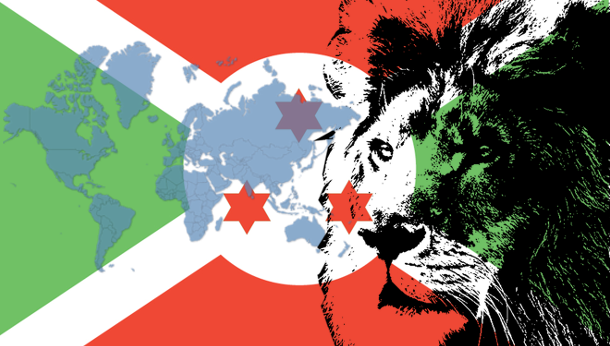Introduction
The Israel-Palestine conflict is a complex and deeply rooted geopolitical struggle, which has captured the world’s attention for decades. Beyond the immediate political and territorial disputes, it is essential to recognize that this conflict also has historical and religious dimensions. In this article, we will delve into the history of the conflict between Israel and Palestine while exploring the biblical story of Isaac and Ishmael to understand how it has contributed to the contemporary situation.
The Historical Background
The Israel-Palestine conflict is a multifaceted issue, characterized by territorial disputes, historical grievances, and competing narratives. It has its origins in the late 19th and early 20th centuries when Jewish and Arab nationalist movements gained momentum in the region.
However, the historical roots of this conflict extend further back in time, intertwined with the ancient history of the region. To gain a deeper understanding of this, we can turn to the biblical story of Isaac and Ishmael.
Isaac and Ishmael: Biblical Perspective
The story of Isaac and Ishmael is an essential narrative in the Bible, particularly in the book of Genesis. According to the Bible, Abraham, the patriarch of three major monotheistic religions (Judaism, Christianity, and Islam), had two sons—Isaac and Ishmael. Isaac was the child of promise, born to Sarah, Abraham’s wife, while Ishmael was born to Sarah’s maidservant, Hagar, after Sarah and Abraham took matters into their own hands, doubting God’s promise.
This story has profound implications for the conflict between Israel and Palestine, as both nations trace their heritage back to these biblical figures. Jews see themselves as the descendants of Isaac, while many Arab Muslims see themselves as the descendants of Ishmael. This historical and religious connection has added a layer of complexity to the conflict, with both sides claiming a divine right to the land.
The Modern Conflict
The modern Israel-Palestine conflict primarily began in the 20th century with the rise of Zionism, a movement aimed at establishing a Jewish homeland in Palestine. The establishment of Israel in 1948 led to tensions and wars between the newly created state and neighboring Arab nations, which included a Palestinian exodus, further fueling the conflict.
The conflict has evolved over the years, with multiple wars, peace talks, and attempts at resolving the territorial disputes. Key issues include the status of Jerusalem, the borders of Israel, the rights of Palestinian refugees, and the establishment of a Palestinian state. The religious and historical connections to Isaac and Ishmael continue to play a role in the narratives of both sides.
Modern Challenges
In the contemporary era, the Israel-Palestine conflict remains a divisive and deeply entrenched issue. Despite numerous peace initiatives and negotiations, a comprehensive solution has proven elusive. The conflict has resulted in suffering for both Israelis and Palestinians, and a resolution continues to be a pressing concern for the international community.
Conclusion
The Israel-Palestine conflict is a complex issue with deep historical, political, and religious dimensions. The biblical story of Isaac and Ishmael, as descendants of Abraham, has contributed to the complex narratives and identities of both Israelis and Palestinians. Understanding the historical and religious context is essential for those seeking a comprehensive solution to this ongoing conflict, one that can bring peace and stability to the region and pave the way for a better future for all parties involved
14October


